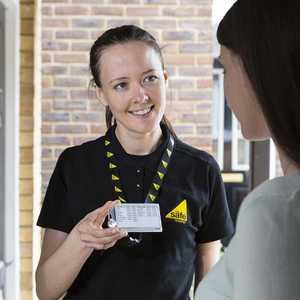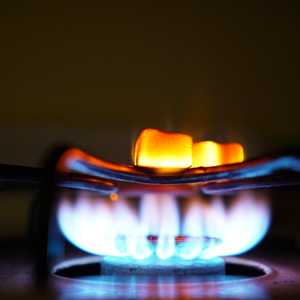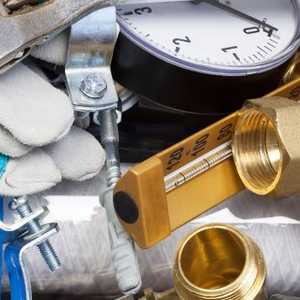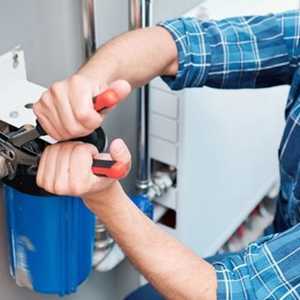Common student housing problems and what you can do to avoid them
Student housing problems include mould, damp, problems with the insulation, tripping hazards, or lack of gas safety and electrical checks.
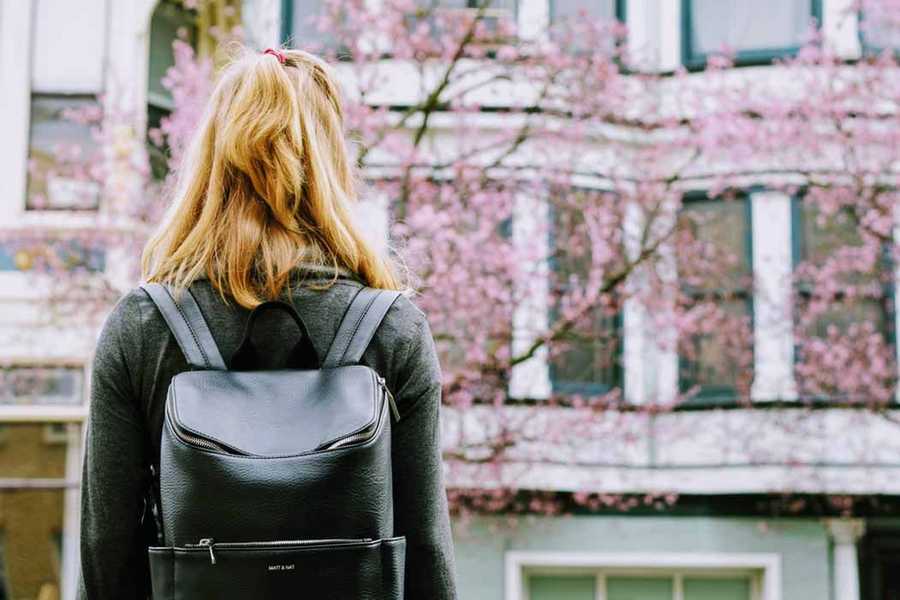
Imagine this: you just moved to your dream student house, the rooms are spacey, there is an equal ratio of bathrooms to people, and it looks like nothing can go wrong. Then things start breaking down.
According to Save the Student two major complaints students have about their accommodation are lack of water/heating (32%), and dangerous living conditions (5%).
Below we give you advice on the problems you might encounter lighting and fuses but also electrical devices such as kettle, toaster, immersion heaters. If the appliance is supplied by the landlord, they should provide you with a user manual, and ensure an electrical safety check is done every year. If your landlord forgot this year's electrical safety check, we can help.
Electrical safety
Your landlord is responsible by law to ensure the electrical safety of your house. This includes the wiring, lighting and fuses but also electrical devices such as kettle, toaster, immersion heaters. If the appliance is supplied by the landlord, they should provide you with a user manual, and ensure an electrical safety check is done every year. If your landlord forgot this year's electrical safety check, we can help .
Gas Safety
All gas appliances in rented accommodation should be checked yearly by a Gas Safe engineer, and a copy of the CP12, or Landlord Gas Safe Certificate should be given to the tenants. If you haven't received yours you need to get in touch with your landlord or letting agency asap, as the renewal might have been forgotten. We can help landlords renew their CP12.
Carbon monoxide poisoning.
Carbon monoxide has no colour or smell, and is produced when domestic appliances burn gas, coal or wood. Your landlord should make sure that all such appliances are located in well-ventilated rooms, a carbon monoxide alarm is fitted, and there are annual gas safety inspections (see above).
Inadequate heating or insulation
Your property should be fit for living, and this includes being warm enough in the winter, and cool in the summer. If your house is not insulated properly the Energy Saving Trust offers various solutions for every part of the house, which will help reduce your energy bills and keep you healthy.
Trip hazard
Tripping and slipping can lead to serious injuries that will impact your everyday life, ability to attend lectures, and the time it might take you to graduate. Therefore things like lack of handrails, steep stairs and inadequate lighting should be taken seriously. While you can purchase safety grip tape for the stairs, and change the bulbs, it is still worth talking to the letting agent or landlord to organise the proper fitting of lights and handrails in hazardous spaces. Do this as soon as you notice the problem, ideally during the viewing, and make sure the repair it's part of the contract.
Mould and damp.
This is one of the problems that it's always hard to detect during the initial viewing, as the walls might have been freshly painted (sometimes over the mould). Mould can be especially dangerous for people with a history of respiratory illnesses. Damp can be caused by various household issues such as leaking pipes, blocked gutters or holes in the walls. It is advisable that your landlord has a house repair plan , so they can act quick in case of an issue. You can also take steps to reduce damp, such as opening the windows in the kitchen and bathroom, using extractor fans, and avoid drying your clothes on the radiator, which can also cause condensation.
Any other household issues you've encountered in rental properties, and how did you deal with them? We'd love to hear your comments.
Related advice
There are plenty of actions you can take to help keep your home in check. Take a look here for the latest guides, advice and tips from our experts!
View our latest advice


